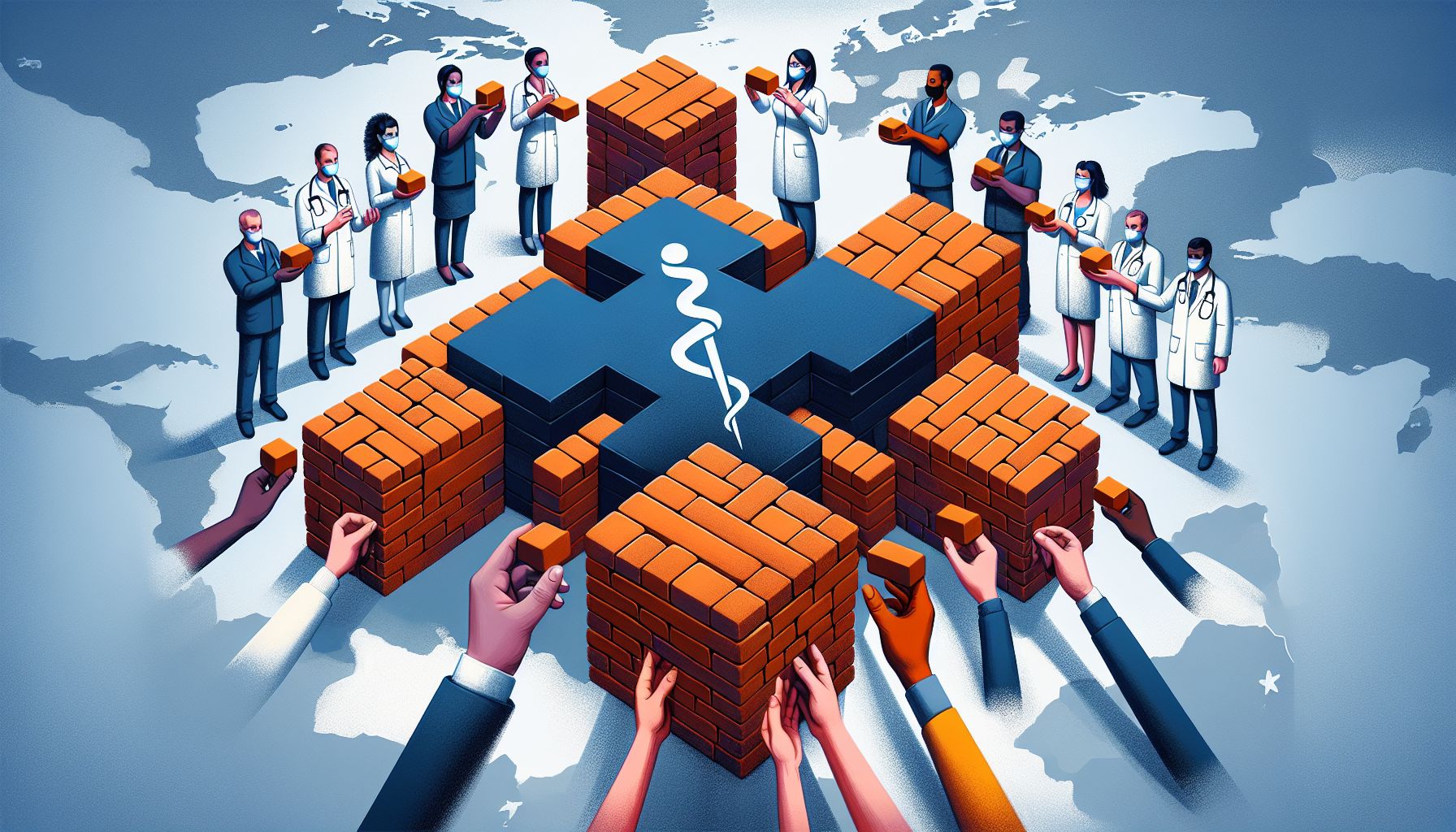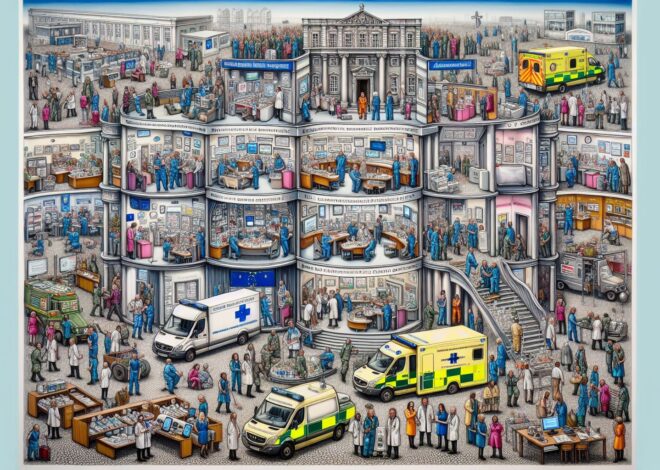
The Preparedness and Response of European Health Systems: A Call to Action
The outbreak of the COVID-19 pandemic has put a spotlight on the preparedness and response capabilities of health systems worldwide. European health systems, in particular, have faced unprecedented challenges in dealing with the rapid spread of the virus and the strain it has placed on resources and personnel. As health professionals, policymakers, and concerned citizens, we must come together to reflect on the lessons learned from this crisis and take proactive measures to strengthen our health systems for future challenges.
Preparedness
Preparedness is a key component of any health system’s ability to respond effectively to a crisis. In the case of the COVID-19 pandemic, many European health systems were caught off guard by the speed and scale of the outbreak. The lack of adequate stockpiles of personal protective equipment (PPE), testing kits, and medical supplies left healthcare workers vulnerable and hindered efforts to contain the spread of the virus.
Moving forward, it is essential that health systems in Europe prioritize preparedness by investing in robust surveillance systems, maintaining adequate supplies of essential equipment and medications, and developing clear protocols for responding to outbreaks. By learning from the mistakes of the past, we can ensure that our health systems are better equipped to handle future emergencies.
Response
The response to the COVID-19 pandemic has highlighted both the strengths and weaknesses of European health systems. While many healthcare workers have shown incredible resilience and dedication in the face of overwhelming challenges, there have also been systemic failures that have put both patients and providers at risk.
One of the key areas that must be addressed in the response to future crises is the need for better coordination and communication between different levels of the healthcare system. Clear lines of communication between hospitals, primary care providers, public health agencies, and other stakeholders are essential for ensuring a cohesive and effective response to an emergency.
Additionally, there is a pressing need for greater investment in healthcare infrastructure and workforce capacity. The shortage of hospital beds, ventilators, and trained healthcare workers during the COVID-19 pandemic has underscored the importance of building a resilient and adaptable healthcare system that can quickly scale up to meet the demands of a crisis.
Conclusion
As we look towards the future, it is clear that the preparedness and response capabilities of European health systems must be a top priority for health professionals, policymakers, and concerned citizens. By working together to strengthen our healthcare infrastructure, improve communication and coordination, and invest in our workforce, we can ensure that our health systems are better equipped to handle whatever challenges may come our way.
Let us use the lessons learned from the COVID-19 pandemic as a catalyst for positive change, and let us commit ourselves to building a health system that is truly prepared and responsive to the needs of our population. By taking proactive measures now, we can create a more resilient and sustainable healthcare system that will serve us well in the years to come.



